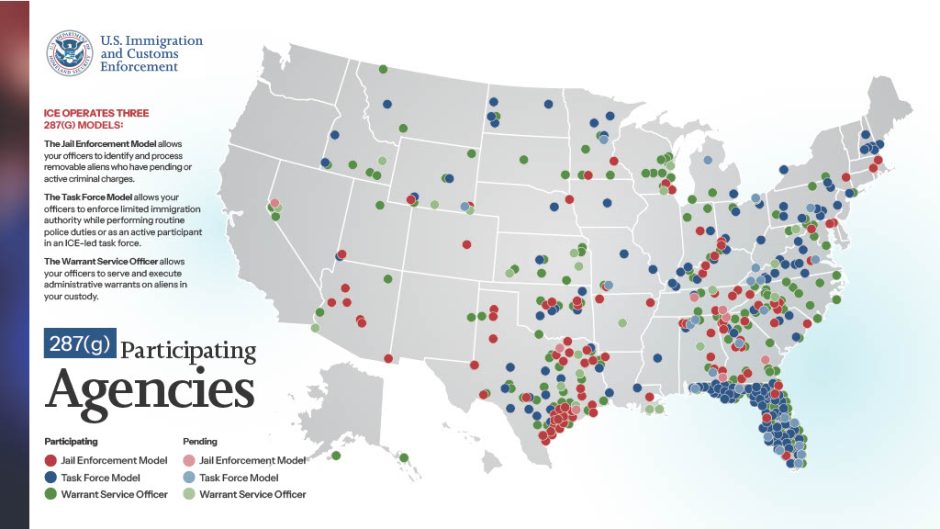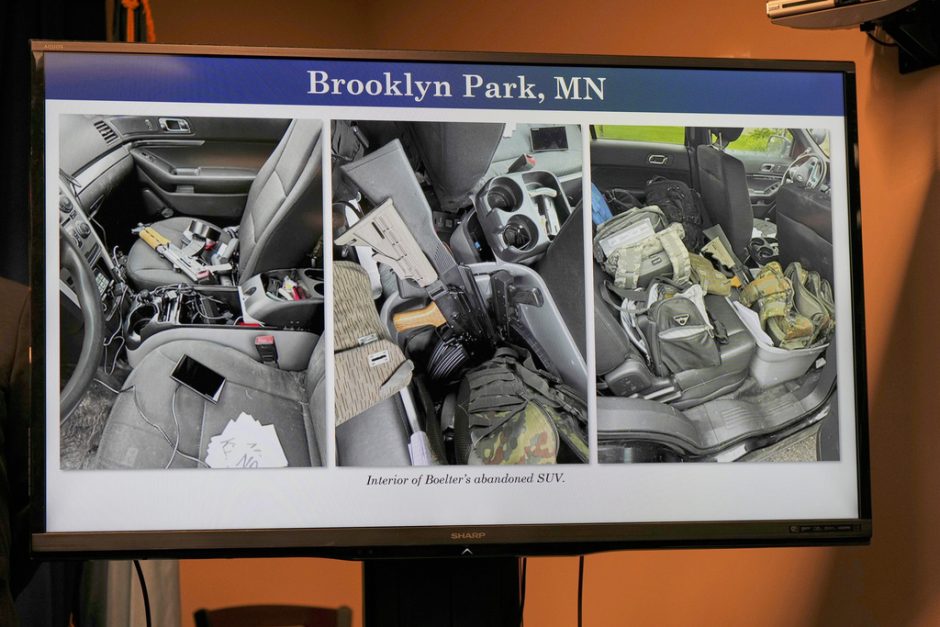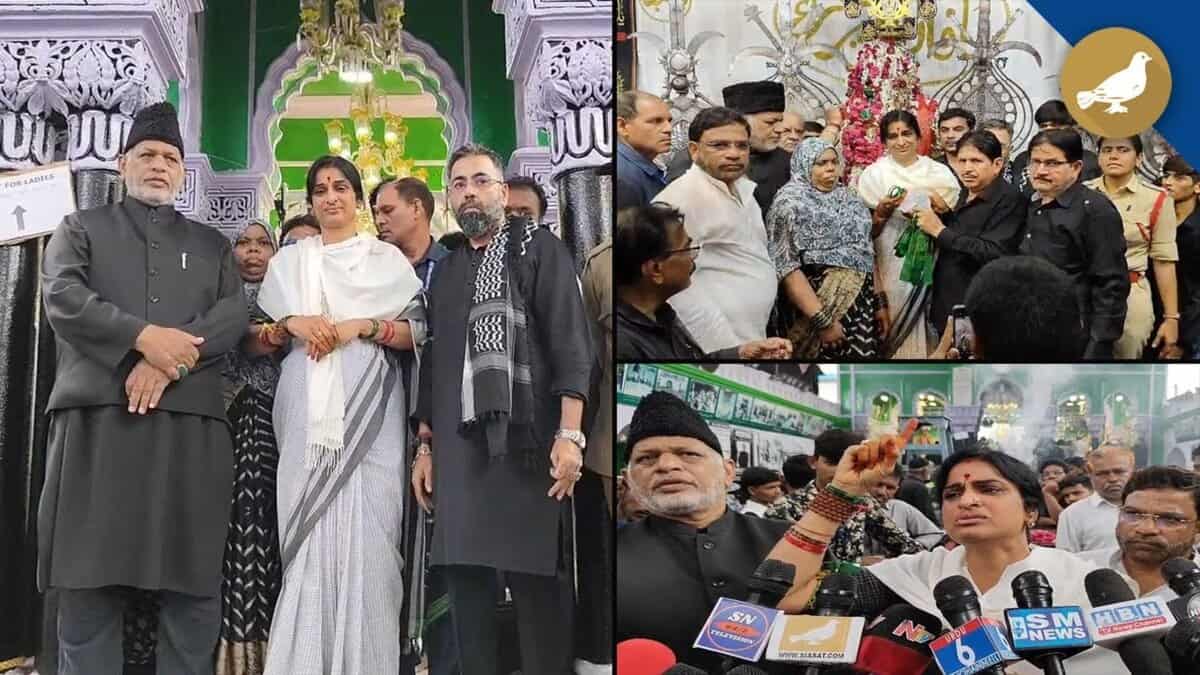In a society flooded with dating apps that promise sparks of chemistry or sparkly relationships all via swipes to the right, a quieter but more deliberate movement is emerging, particularly within Gen Z. While modern dating is often accompanied by emojis and direct messaging, it looks as though more and more young people are valuing something in their romantic relationships that is deeper than those four-letter words: values, respect, and longevity.
This reported move towards more defined romantic relationships has led to the rise in popularity of matrimonial sites. Matrimonial sites are very different from dating apps in that dating apps tend to focus on quick matches with the potential add-on of casual dates whereas matrimonial sites care more about the commitment, the life goal aspects, and potentially family and friends’ backing. Matrimonial sites are changing how many of today’s 20 and 30-somethings are relating to love, and instead of just chasing chemistry, they are looking for synergy between themselves and their partner that has some meaning and purpose behind it. What I find especially interesting about this trend is how matrimonial sites take away the loneliness of navigating the process and allow for community. Relatives and those close to the user can have input into the process, directing it towards something thoughtful and meaningful, with mutual support rather than on their own and by trial and error.
In a recent report, among users of matrimonial sites, 62% of Gen Z users (ages 21-28) prefer matrimonial sites because of the trustworthy nature of the site, ties to long-term goals and the ability for family to be involved. The functionality of matrimonial has become so popular in the last year that there has been a 42% increase in Gen Z population use, notably in cities with larger populations such as Hyderabad, Bengaluru, Lucknow, and Delhi. Today’s youth want the noise of their love lives dialed down and the clarity dialed up – less ambiguity and more firm support of their decisions.
What’s your WI-FI password… And what’s your faith frequency?
In the past, compatibility was often limited to whether two people enjoyed the same music or watch the same television shows. Today, what matters is shared values, habits, or life goals. In many cases, before people agree to a lifelong commitment, they are asking themselves: how do we grow together? Do we see the world similarly? Will we have the same priorities not just in the present moment, but in five or ten years? A new conversation has opened up – one that expects honesty from the beginning, rather than pretending these conversations don’t happen in favor of fun first dates or spontaneous texts. These conversations don’t are not about liking each other – they are about making sure both people know how they intend to walk through life, together.
Teamwork or roommates?
Living under one roof does not equal partnership. According to a recent study, marriage – long-term relationships – is about more than merely cohabitation. It requires someone who will share the responsibilities of partnership with you, someone to mutually discuss and communicate; it means embodying roles as equals, core values, and being partners in responsibilities. Whether it is regarding building careers, maintaining a home, or even in distributing chores, ultimately knowing the expectations of the relationship early on may prevent poor decision making later.
The trend in intentional matchmaking, provides spaces for conversations, thought processes, which happens at the initiation phase. Rather than “Assigning roles” or avoiding conversations about daily life, as couples are doing more and more, couples are beginning through conversations about ambition, support, and what it truly means to be on each other’s team. Matrimonial platforms are closing the gap and allowing couples to yield alignment of beliefs through value filters and comprehensive profiles, so it’s more convenient as finding someone who aligns with your worldview.
Do you want 0, 1, or a cricket team?
When we instead think about relationships, we also have the responsibility of thinking about the care that couples are utilizing to begin and raise a family. Some want to start early and some want to wait, and some are trying to simply figure out what it looks and feels like. Discussions around parenting, extended-family boundaries, exploring adoption, and dealing with challenges related to fertility, have become engagement parameters. And there’s an understanding that these discussions are not just personal but foundational. Where both partners in the relationship land on these definitional life matters, means less possible friction, more possible clarity, and ultimately more opportunity for understanding. And with the inclusion of trusted voices – friends, family, and advisors – new parents are able to discuss these incredibly important topics with empathy and clarity.
What’s love got to do with it?
Without communication, there is no emotional safety, intimacy, nor resiliency in a relationship. Communication shapes connection. Love does not just happen. Love is an intention, and the result of conversation, partnership, respect, and typically, emotional awareness. When a person expresses love, when there is conflict in the relationship, when there is conflict resolution, can all tell us the likelihood of the success or failure of the relationship. Communication, and emotional intelligence, is what today’s couples communicate about love. Couples can also openly discuss how they manage stress in the relationship, or how they give and receive love, and how they show up when they encounter hard feelings, i.e., anger, disappointment, etc. In an era of ghosting, leaving the relationship, and avoiding complications at all costs, today’s couples are choosing to engage with the developmental opportunity of choosing vulnerability, and emotional maturity.
Love with intention
When we go beyond love and compatibility, we reach the bigger question: are our lives going in the same direction? Realistically, you need to determine the level of clarity you will have around your vision, starting with both your lifestyle preferences and long-term aspirations. Both of you may want to live in a city vs. a quieter town. You may want to work from home, while your partner wants to explore the world—that’s an issue in the making. More specifically, how do you both define “quality time”? What may seem like harmless, every day questions about the way you spend your weekends, how you spend your money, and your approach to personal time, can become a deal-breaker, if not discussed early on. If two people’s visions are aligned for how life looks day to day, everything else will be easier, with less conflict and more happiness.
That’s what the next generation of love looks like: candid conversations, real compatibility, and shared values. It is less about matching profiles and more about matching lives. As Gen Z continues to evolve and redefine “the one,” tech-enabled companies continue to develop—simplifying a process that often felt messy. Before the celebrations, before the save-the-dates, consider checking in: have the hard conversations. Remember to open your heart, but leave your head clear. Because the relationship you are building will not just last, it will flourish, if it is built on intent, honesty, and mutual growth.
(Hammad Rahman, CEO of NikahForever)

















































